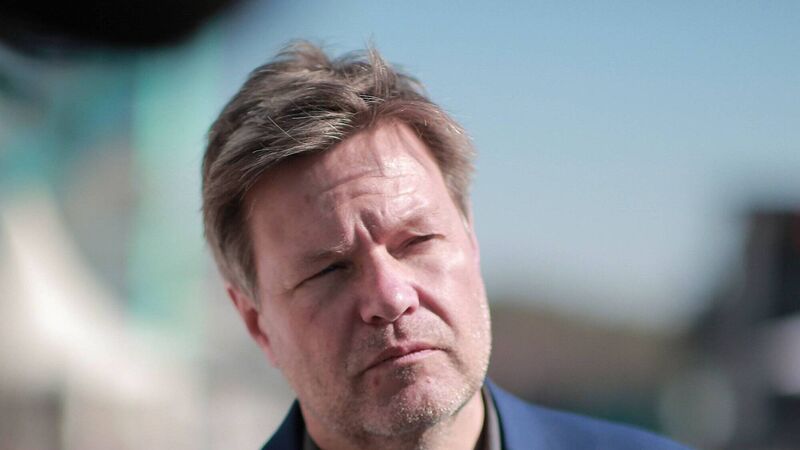Germany fears EU unity over Russian sanctions ‘starting to crumble’

German Economy Minister as well as Vice Chancellor Robert Habeck.
German Economy Minister Robert Habeck expressed fears that the EU's unity was "starting to crumble" ahead of a summit to discuss an oil embargo against Russia and plans to cut dependence on Russian energy.
EU leaders will meet over the next two days to discuss a new sanctions package against Russia, which could also include an oil embargo, and a programme aiming to speed up ending dependence on fossil fuels, including Russian gas.











